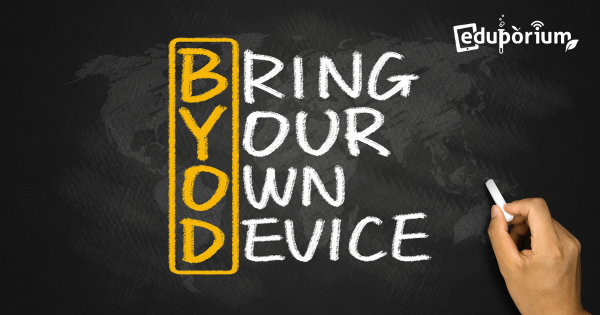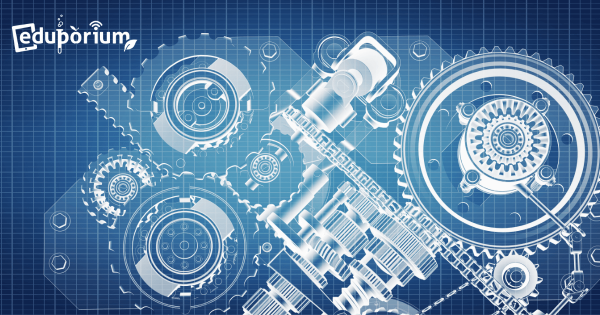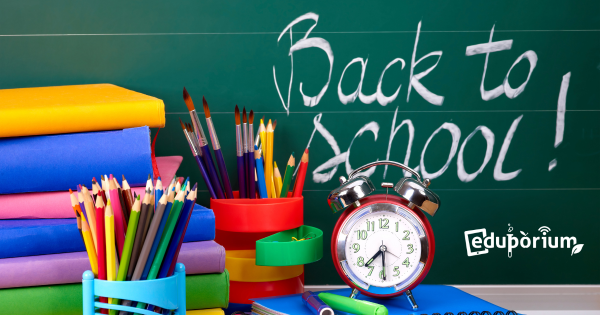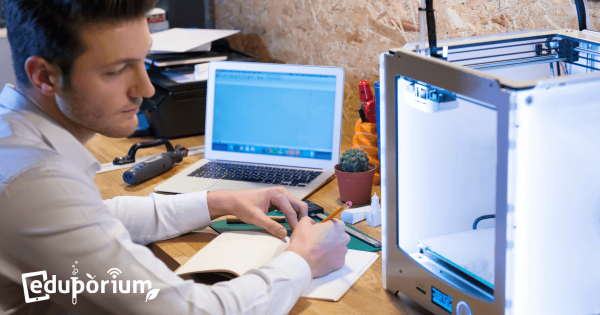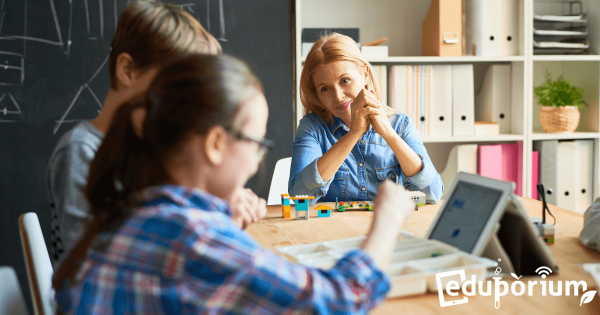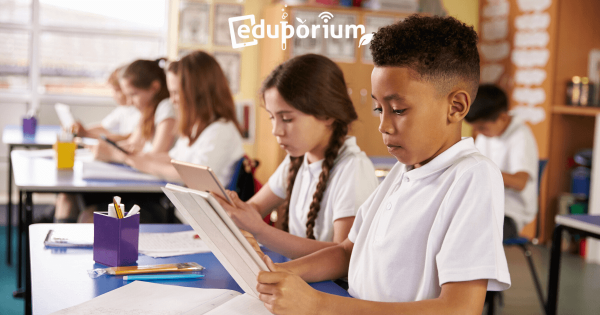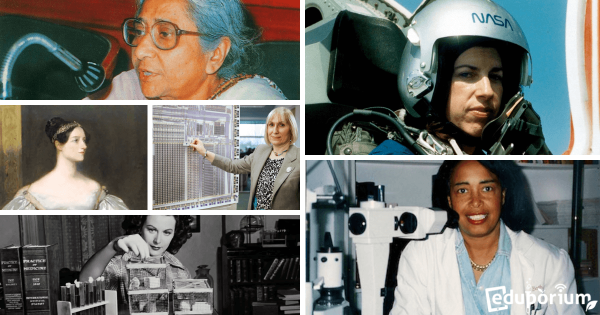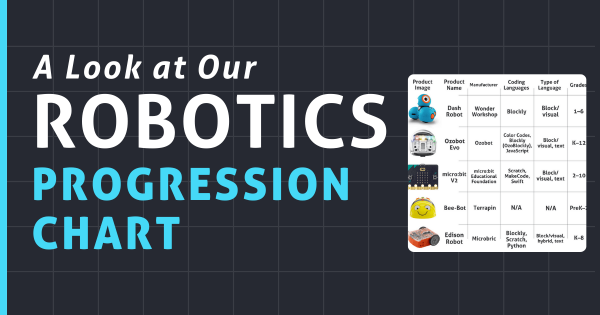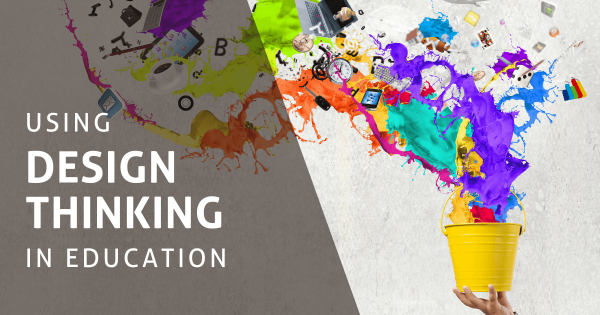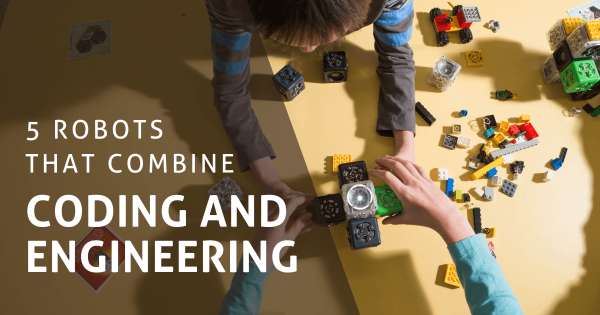The advantages of BYOD initiatives extend for teachers, students and even administrators, who all have the same goal of excelling in a 21st century learning environment. Technology in the classroom opens up a host of options from strengthening distance learning to enhancing student collaboration and the possibilities are only increasing.
Search results for '21st century'
-
Eduporium Weekly | Making Moves
The Maker Movement is incredibly powerful for something that just got its (official) start only a few years back. It’s completely user-driven and becoming a cornerstone for success in the 21st century. MakerEd is a form of STEM Education that combines and embodies the spirit of acquiring necessary knowledge through hands-on trial and error. -
Eduporium Weekly | 2015 Back-To-School Edition
Blended learning initiatives are currently carving their path into mainstream education with as much force as Hurricane Fred. Okay, maybe not quite as much, but it’s still equally powerful. That’s because when it comes down to modern learning in 21st century schools, two minds are often much better than one. Head inside to learn more about the latest trends we’re -
Map of Skills | Creating the Ideal Modern Makerspace
Erin Piazza is the Library Media Specialist at Watertown High School in Watertown, MA. Tasked with expanding the possibilities of her students’ 21st century education, Erin set out to turn her traditional, bookshelf-filled library into an innovative makerspace for her children to explore, craft and learn through hands-on activity! -
Eduporium Weekly | Shifting STEM Education Into Focus
With the obvious shift to jobs centering on STEM-rich areas, schools are gearing up to educate their students on science, technology, engineering and math in earlier grades and in more rigorous ways than in the past. The presence of and necessity for STEM skills in the 21st century is showing to be truer than ever. -
Help...The School Kids Took My Computers
They have their lives next to you but these are their own lives already. They have their own friends, and own interests. And—computers along with this fascination with electronics. Well, my kids started by taking over our home computer, then my laptop. I got a used laptop for them—it ended up being too outdated for what they needed for true -
9 Of The Most Influential Women In STEM
It’s Women’s History Month, and to celebrate, we’ll be highlighting some of the most significant historical accomplishments female STEM leaders have made. Recognizing the contributions of these women is an inspiration both to educators and future women in STEM. Read on for details on how these women gave us Wi-Fi, programming, chemotherapy, OLEDs, and more. -
Classroom Robots: A Look At Our Robotics Progression Chart
A large percentage of parents and K–12 teachers are aware that computer science and STEM education can impact children starting at a very young age. They may not, however, have all the key information when it comes to how to facilitate these learning experiences. From kindergarten up through high school, these robotics tools help kids progressively develop CS skills. -
Eduporium Weekly | Using Design Thinking In Education
To create environments and experiences that are conducive to helping kids build design thinking skills, there are a few key areas that educators should focus on. Since a K–12 makerspace, for example, is a notably open-ended environment, combining play-based exploration with design thinking could be effective, especially when compared to traditional instruction. -
Eduporium Weekly | 5 Robots That Combine Coding & Engineering
These days, not only can instructors utilize robotics tools to teach students coding and computational thinking skills, a lot of them have an engineering element within them as well. We think it’s great that educators and children can combine these two key areas of STEM by first building their robot (like any of these five prime examples) and then programming



